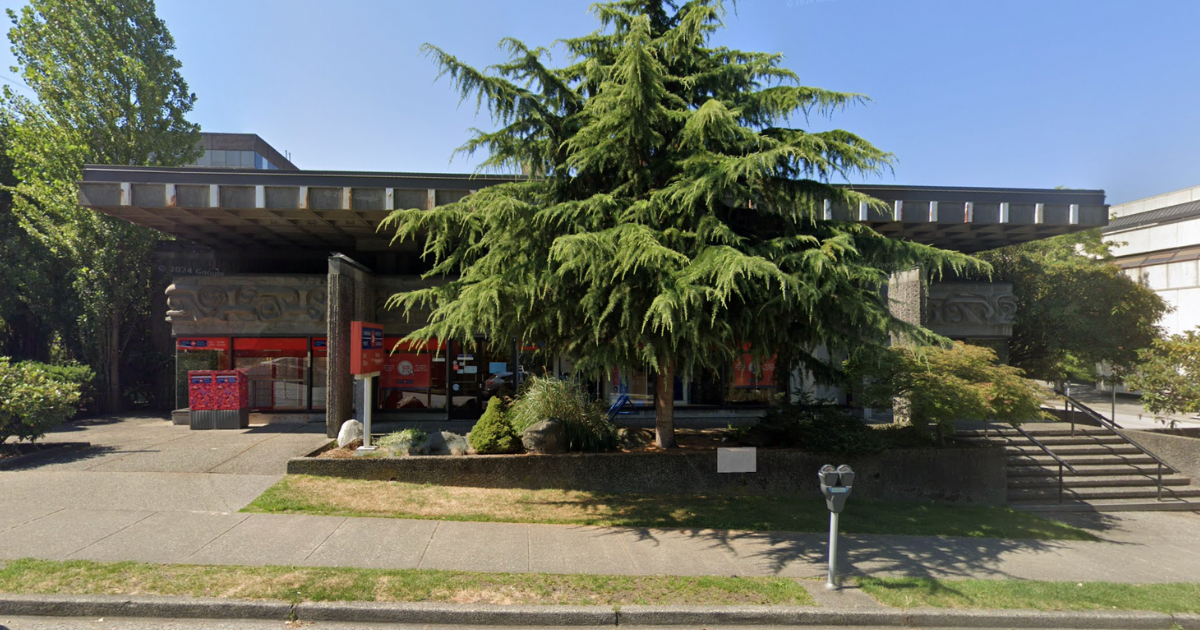Governments and agencies are inviting the real estate sector into the conversation about the housing crisis across Canada. In order to work with or adjacent to this sector, we need to become familiar with their terminology. We bring our knowledge of housing to the dialogue, and engagement may also help us provide our clients with their own opportunity to be a part of the solution.
Market Housing
That’s us! The real estate industry, as we know it, is referred to as market housing. The type and availability of units are set by housing market needs within a trading area, and pricing is influenced by the economic variables of supply and demand. These same variables impact the non-profit housing sector and its clients.
Non-profit housing is defined as community-based affordable rental housing provided by non-profit corporations or agencies and overseen by a volunteer board of directors. These are often seeded by a United Way or a faith community or directed by a municipal government and have two concerns in response to the housing crisis, homelessness and non-market housing. Homelessness (defined as individuals without stable, safe, permanent and appropriate housing or the immediate prospect of getting such housing), whereas non-market housing addresses more permanent housing options.
Non-Market Housing
It is in this category that the real estate sector can have the most impact. There are elements of this type of housing that can be met by those who wouldn’t necessarily identify it for themselves but to whom we have access – our investor clients – large and small. Keep in mind that the housing crisis may be causing our clients, who are also concerned about the health of their communities, to entertain socially responsible investment goals. The solution may not be building sweeping new developments but developing one unit at a time.
We can help our investor client weigh risks by understanding the programs available from the developing non-profit housing agencies. For example, rent supports and rent supplements could be received by a landlord and offset the difference between what a tenant can afford to pay and what the market rate would set for a unit. These programs are very fluid and vary from region to region, but government pressure is causing them to expand.
But the non-market housing sector is not just concerned with their client’s financial ability but also with ensuring they can safely live within a provided space.
Supportive housing is a unit with support services to help people with physical challenges. These challenges, as one example, could be due to ageing and do not necessarily correlate with the ability to pay market rent. A landlord could consider a special needs unit which could be developed for an individual who requires accessibility modifications or provincially-funded support services to live independently in the community. These supports could include ramps, special lighting, an intercom system or even additional security features for vulnerable residents.
Community housing is developed with government funding. Look for these in your trading area, especially if we see changes in zoning aimed at increasing density. We often think of this money rolling out on the building of a multi-unit complex, but it could include, on a much smaller scale, renovation loans to establish secondary suites in an existing single-family residential property.
If you have a client wishing to develop housing in their community, reach out to your local service manager. This role has been defined by the Ontario provincial government to oversee affordable housing projects in their service area, but similar roles exist across Canada. They use federal, provincial and municipal funds to establish, administer and fund housing and services. They will assist with addressing risk within the investment through access to program supports.
Experts agree that easing our housing crisis will require the private and public sectors to work together. By informing ourselves, as real estate professionals, we will see opportunities to enable us to better play our role and assist our clients in playing theirs.
Definitions provided by the Ministry of Housing and Municipal Affairs

Bettianne Hedges is a writer and broker with Keller Williams Edge, Brokerage. She lives in Stratford, Ont. and provides full-service real estate to her clients throughout southwestern Ontario.
















